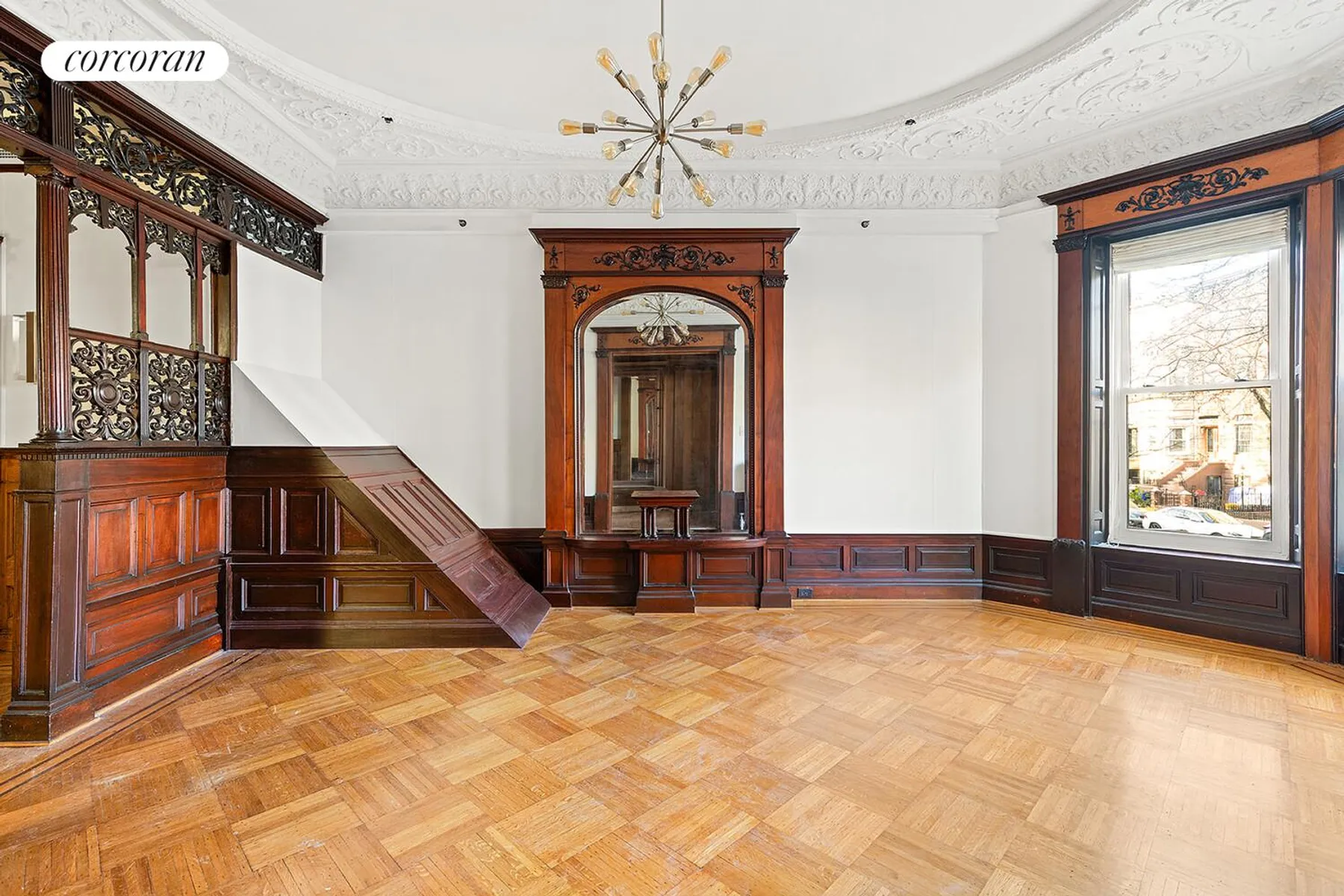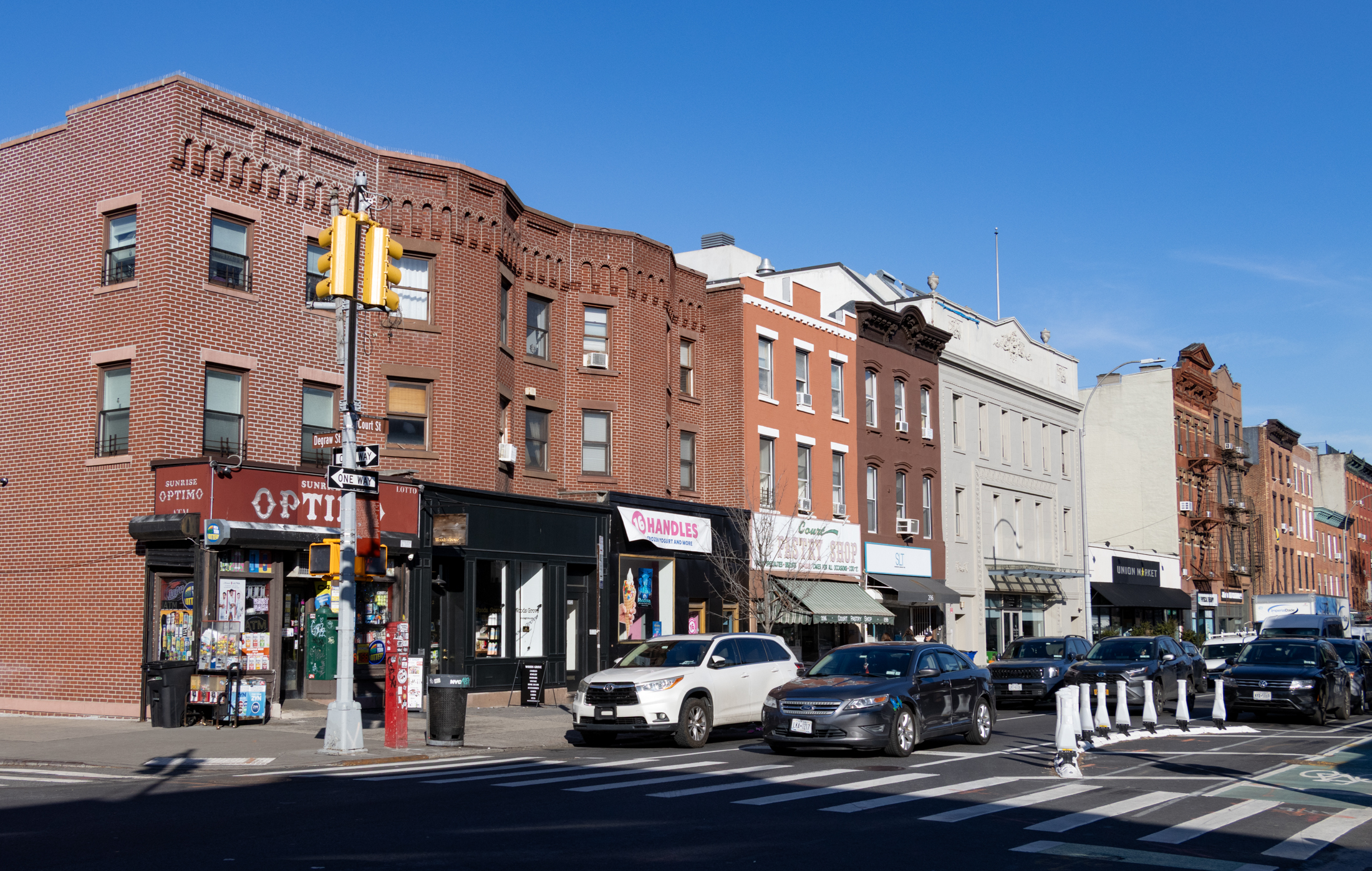On the Psychology of Sellers
The LA Times had an interesting article last week about the psychology of selling your home. Assume, the article says, that you bought your house for $250,000 ten years ago. You put it on the market now at $600,000; after a few weeks with no bites, you lower the asking price to $575,000, and then…

 The LA Times had an interesting article last week about the psychology of selling your home. Assume, the article says, that you bought your house for $250,000 ten years ago. You put it on the market now at $600,000; after a few weeks with no bites, you lower the asking price to $575,000, and then $550,000. Then an offer comes in at $520,000 and you pull the house off the market. Rational? Perhaps not. Common? For sure. The explanation, according to the article, comes down to “anchors”. If the seller’s anchor is the $600,000 asking price, he’s going to be disappointed and dissatisfied with $520,000. If his anchor is $250,000, he should be very pleased. The same psychology explains why people are more likely to sell winner stocks than losers when they need to raise cash, despite the fact that there’s often a good reason the losers are down. This way of thinking surely goes a long way to explaining why real estate markets take a long time to correct. In addition to buyers not wanting to catch a falling knife, sellers have a hard time coming to terms with the fact that their house is worth less than it was on paper a few months earlier.
The LA Times had an interesting article last week about the psychology of selling your home. Assume, the article says, that you bought your house for $250,000 ten years ago. You put it on the market now at $600,000; after a few weeks with no bites, you lower the asking price to $575,000, and then $550,000. Then an offer comes in at $520,000 and you pull the house off the market. Rational? Perhaps not. Common? For sure. The explanation, according to the article, comes down to “anchors”. If the seller’s anchor is the $600,000 asking price, he’s going to be disappointed and dissatisfied with $520,000. If his anchor is $250,000, he should be very pleased. The same psychology explains why people are more likely to sell winner stocks than losers when they need to raise cash, despite the fact that there’s often a good reason the losers are down. This way of thinking surely goes a long way to explaining why real estate markets take a long time to correct. In addition to buyers not wanting to catch a falling knife, sellers have a hard time coming to terms with the fact that their house is worth less than it was on paper a few months earlier.
The Pain of Selling Your House [LA Times]





Easy credit and no downs are what drove home prices to sky-high levels. Any jerk who makes only 35,000 a year can now get into a $875,000 home.
AND THEY DID.
Meanwhile, rational Joe-Blows like me will sit on the sidelines with our cash supplies steadily building up until this whole house of cards collapses and comes down and I hope it comes down HARD.
Anon 10:16, sellers and buyers are rational creatures who do not always make rational decisions. Buyers were irrational on the way up. Now sellers are irrational on the way down.
We are not in a stare-down. Sellers are simply delusional.
YOY sales prices are flat to slightly down, YOY sales volume is down, YOY inventory is up and time on market is increasing.
This is what happens when the demand curve shifts left while the supply curve shifts rights. Decreased demand and increased supply result in lower prices when all participants act rationally.
Actually, 10:16, the point of the article is that people are NOT rational in some respects. Which is one of the hot points in economic (not business, but economic) research: that of bounded rationality. Which is to what extent people act rationally and to what extent people act irrationally.
An example given in the article is they asked a group of college students if textbooks were more or less than $1,000. They all said less. Then they asked a second random group of college students if a book was worth more or less than $12. They said more. And then they asked the students how much books did sell for. And the first group systematically estimated about double of the second. Another example is if you ask people to estimate the product of 1 x 2 x 3 x 4 x 5 x 6 x 7 x 8 they estimate systematically lower than people who ask to estimate 8 x 7 x 6 x 5 x 4 x 3 x 2 x 1.
So no, supply and demand are not the absolute key to the analysis.
Also, granted that you have to live somewhere. But if you do think the market is going to continue to decline, you could sell for your $520k, less than what you wanted but more than you paid, rent a year, and then buy at a lower level.
p.s. you’re welcome for the link, Mr. B. 😉
Amen
Sellers (just like buyers) are rational creatures. In the long run, they make decisions which are in their best interest. Just like buyers who refuse to pay top dollar for properties because they fear that the market may slide down, sellers don’t want to lower prices because they fear that prices will trend higher.
The key to their analysis is supply and demand. If enough properties out there are bigger and better, then they will lower their price if they really want to sell. However, if their property is fairly priced to the other properties that are for sale, then the seller may decide to hold firm. The fact that the demand has not increased enough to buy properties won’t adjust prices much. What we will see is that the number of properties sold drop dramatically. According to realtors, this is the situation that we are in. We are in a stare-down. Sellers are waiting for buyers to increase their bids and buyers are waiting for sellers to lower their prices.
Let’s not put all of the behavioral issues on sellers. They are doing just what the buyers are doing. They are acting in their best interest.
But if you do need to sell in a soft market, perhaps it would be wise NOT to purchase a new property before selling the old one, so that you are not banking on getting a certain amount and therefore putting yourself into a bind. People need to think a little more rationally.
Exactly, since very few homes are bought as real investments in same sense as stocks, bonds selling at lower price may make no economic sense.
Still need to live somewhere – and lifestyle, quality of life may be better staying put rather than selling.
Home purchase/sale/move is ‘quality of life decision’ not investment decision.
You can call a seller greedy and foolish if everyone is lowering prices, but if he/she needs to purchase a replacement property (as most sellers do), the cost of the replacement property relative to the property sold is really what is most often driving the “anchor” 520 on 250 is not really a good offer, if you couldn’t turn around and use the 520 to purchase a similar property.
The psychology on the way down is more fascinating to me than on the way up – herd mentality is obvious, but greed – that which would make someone think that 520 is a “bad” offer on something they paid 250 for – is a much more personal and individual thing.